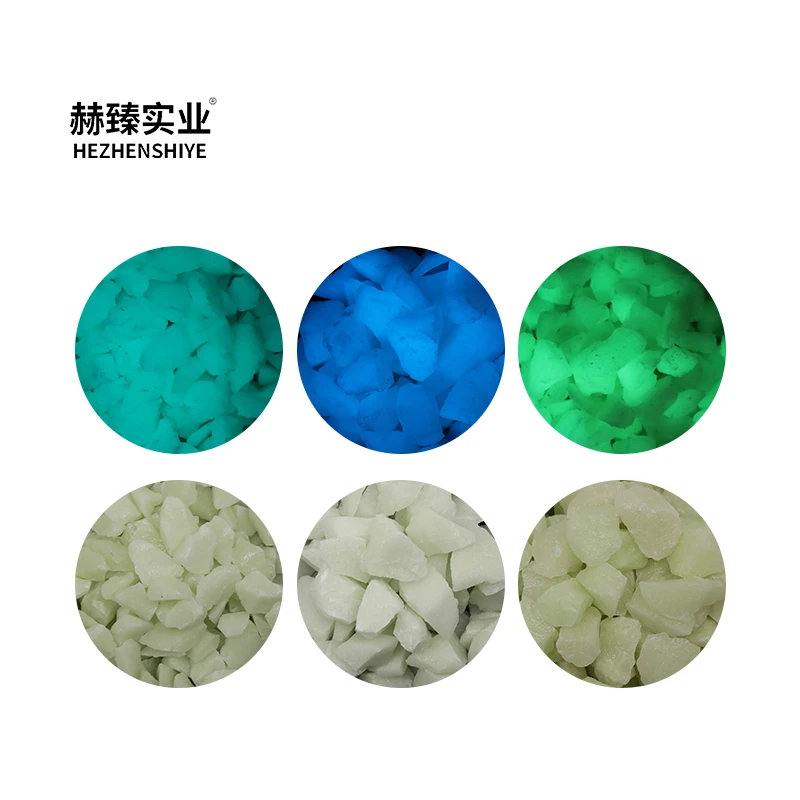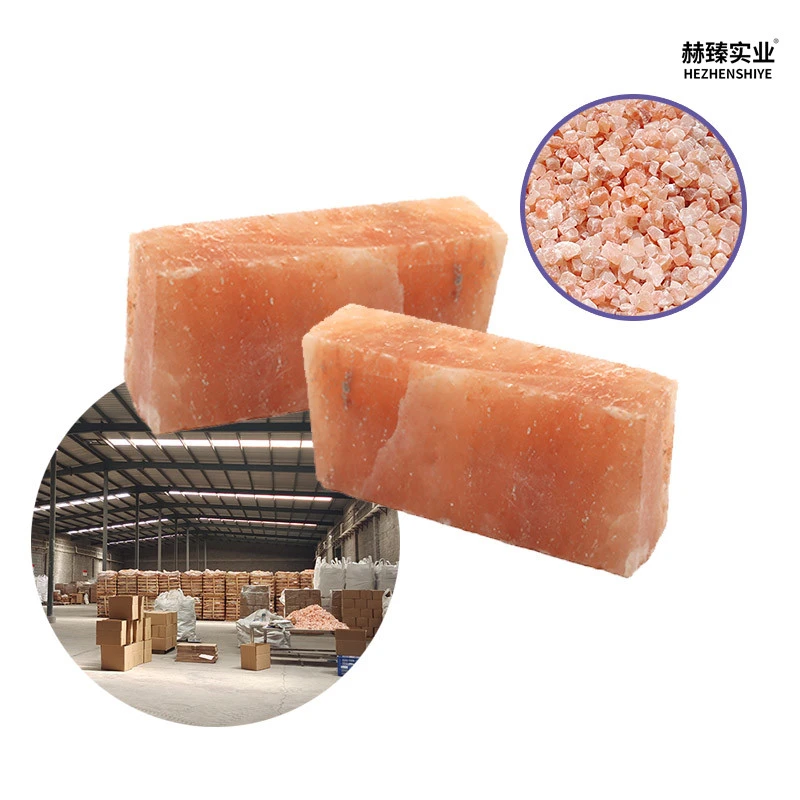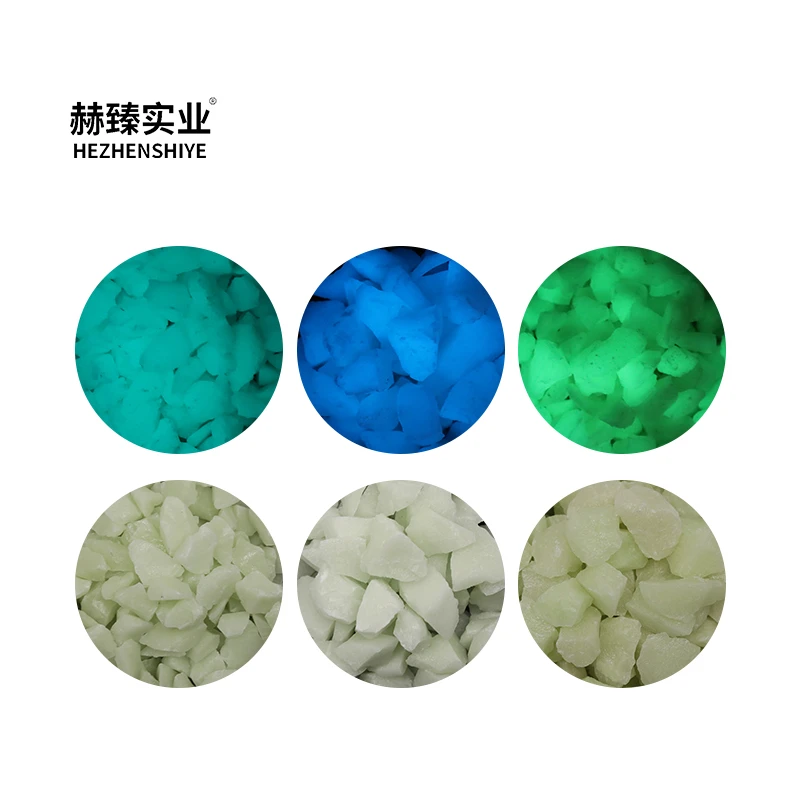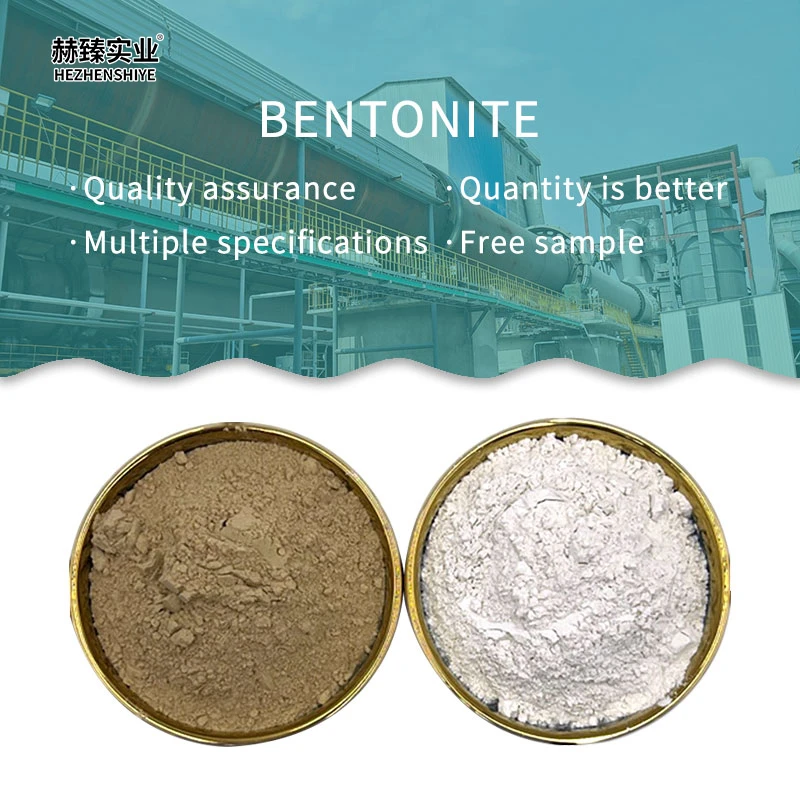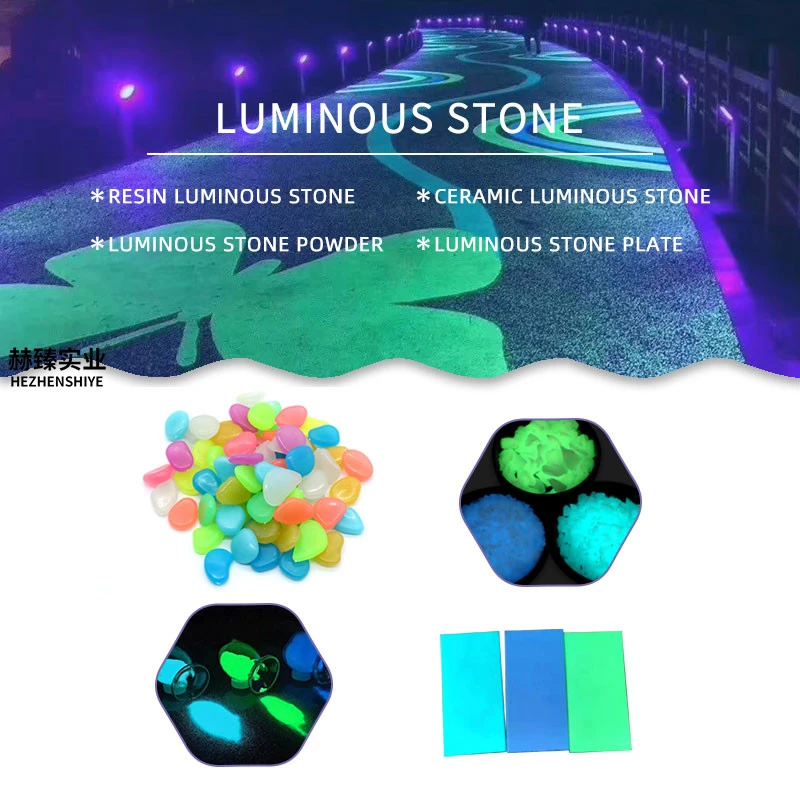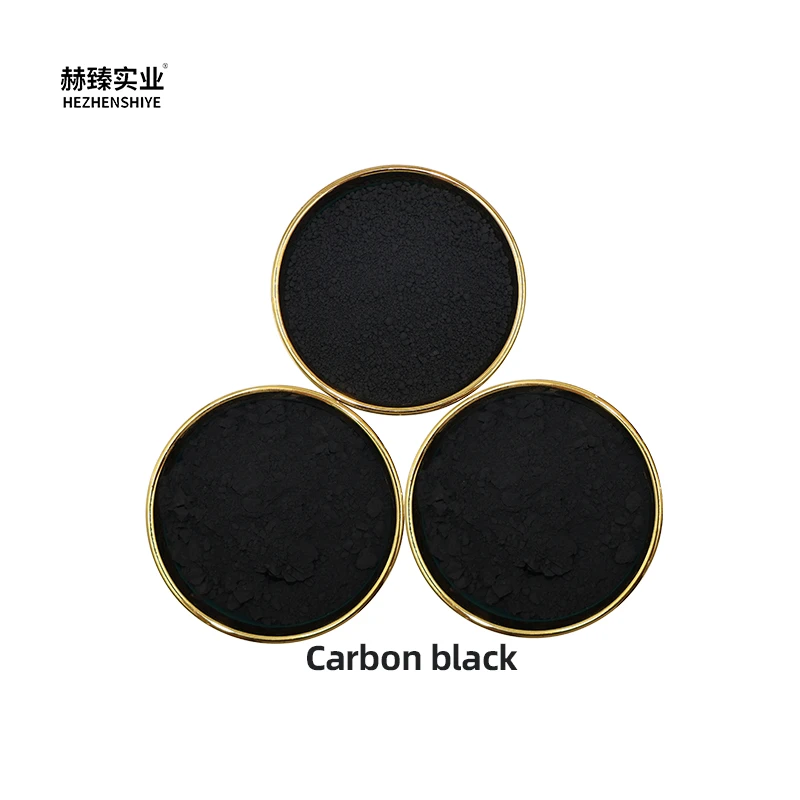bentonite
2025.03.07
Bentonite, a versatile clay with an array of applications, has garnered recognition for its unique properties and benefits. It is primarily composed of montmorillonite, a smectite group mineral known for its ability to swell and absorb water. This exceptional capacity for expansion makes bentonite an invaluable resource in numerous industries including construction, cosmetics, pharmaceuticals, and agriculture.
Agricultural sectors benefit from bentonite in soil amendment practices, where it enhances water retention and nutrient absorption. Farmers utilize bentonite to improve soil structure, particularly in sandy soils where water and nutrients often leach away quickly. The clayey nature of bentonite helps retain moisture within the root zone, thus ensuring that crops have access to water during dry spells. Additionally, bentonite is added to animal feed as a pellet binder and toxin binder, enhancing feed stability and reducing the risk of mycotoxin contamination, which can adversely affect livestock health. Environmental applications of bentonite are significant too. Its ability to encapsulate contaminants makes it an effective material for use in waste containment systems. Landfills and hazardous waste sites employ bentonite barriers to restrict leachate movement and prevent groundwater contamination. In this capacity, bentonite serves as both a preventive and remedial solution, signifying its critical role in environmental protection efforts. With the expanding scope of bentonite applications, research continues to uncover new potentials and efficiencies within this remarkable clay. Industries are increasingly recognizing bentonite as a sustainable and eco-friendly raw material, driving innovation and adaptation in product development. Its multifaceted nature not only enhances existing products and processes but also opens up new possibilities for future advancements.
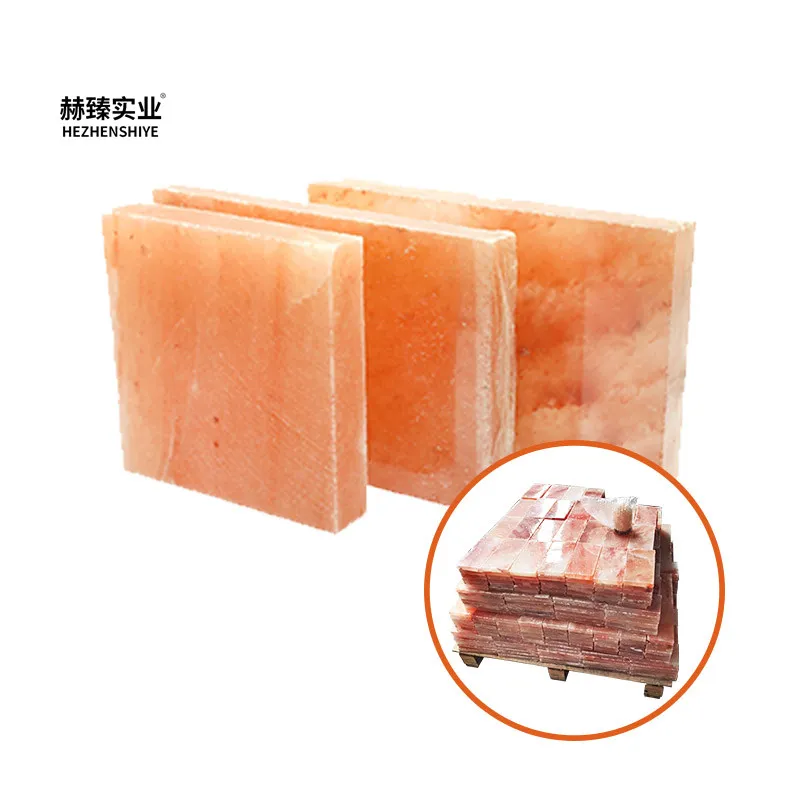
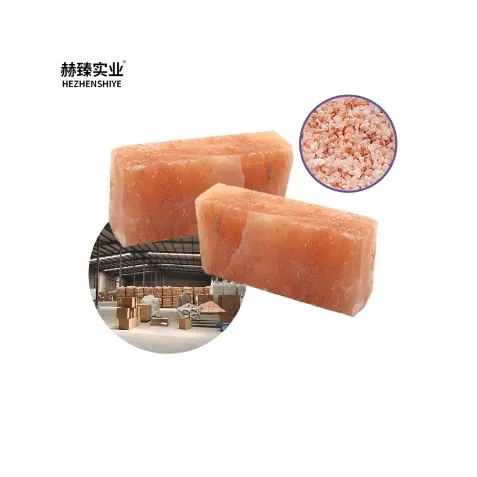
Agricultural sectors benefit from bentonite in soil amendment practices, where it enhances water retention and nutrient absorption. Farmers utilize bentonite to improve soil structure, particularly in sandy soils where water and nutrients often leach away quickly. The clayey nature of bentonite helps retain moisture within the root zone, thus ensuring that crops have access to water during dry spells. Additionally, bentonite is added to animal feed as a pellet binder and toxin binder, enhancing feed stability and reducing the risk of mycotoxin contamination, which can adversely affect livestock health. Environmental applications of bentonite are significant too. Its ability to encapsulate contaminants makes it an effective material for use in waste containment systems. Landfills and hazardous waste sites employ bentonite barriers to restrict leachate movement and prevent groundwater contamination. In this capacity, bentonite serves as both a preventive and remedial solution, signifying its critical role in environmental protection efforts. With the expanding scope of bentonite applications, research continues to uncover new potentials and efficiencies within this remarkable clay. Industries are increasingly recognizing bentonite as a sustainable and eco-friendly raw material, driving innovation and adaptation in product development. Its multifaceted nature not only enhances existing products and processes but also opens up new possibilities for future advancements.
Pervious
Next






